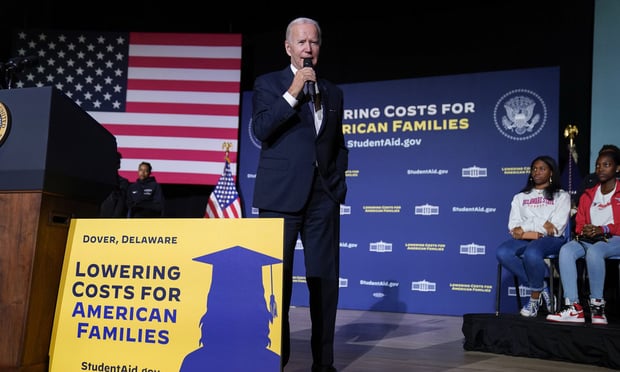
Employees have been retiring later and later due to well-known factors: people are living longer, full Social Security benefits are starting later, inflation is eroding the purchasing power of most employees and retirees, health care costs are high and rising, and defined contribution balances need to cover increasing portions of retirement living expenses.
Defined contribution retirement accounts (e.g. 401(k) or 403(b) plans) have significant investment risk and don't necessarily last a lifetime as defined benefit annuities did prior to their decline. Indeed, the shift towards defined contribution plans as the primary vehicle to support retirement expenses for life is a key factor pushing employees to work longer. Employees concerned about outliving their retirement savings often choose to continue to work rather than retire and rely on their accumulated balances.
Complete your profile to continue reading and get FREE access to BenefitsPRO, part of your ALM digital membership.
Your access to unlimited BenefitsPRO content isn’t changing.
Once you are an ALM digital member, you’ll receive:
- Critical BenefitsPRO information including cutting edge post-reform success strategies, access to educational webcasts and videos, resources from industry leaders, and informative Newsletters.
- Exclusive discounts on ALM, BenefitsPRO magazine and BenefitsPRO.com events
- Access to other award-winning ALM websites including ThinkAdvisor.com and Law.com
Already have an account? Sign In
© 2024 ALM Global, LLC, All Rights Reserved. Request academic re-use from www.copyright.com. All other uses, submit a request to [email protected]. For more information visit Asset & Logo Licensing.








